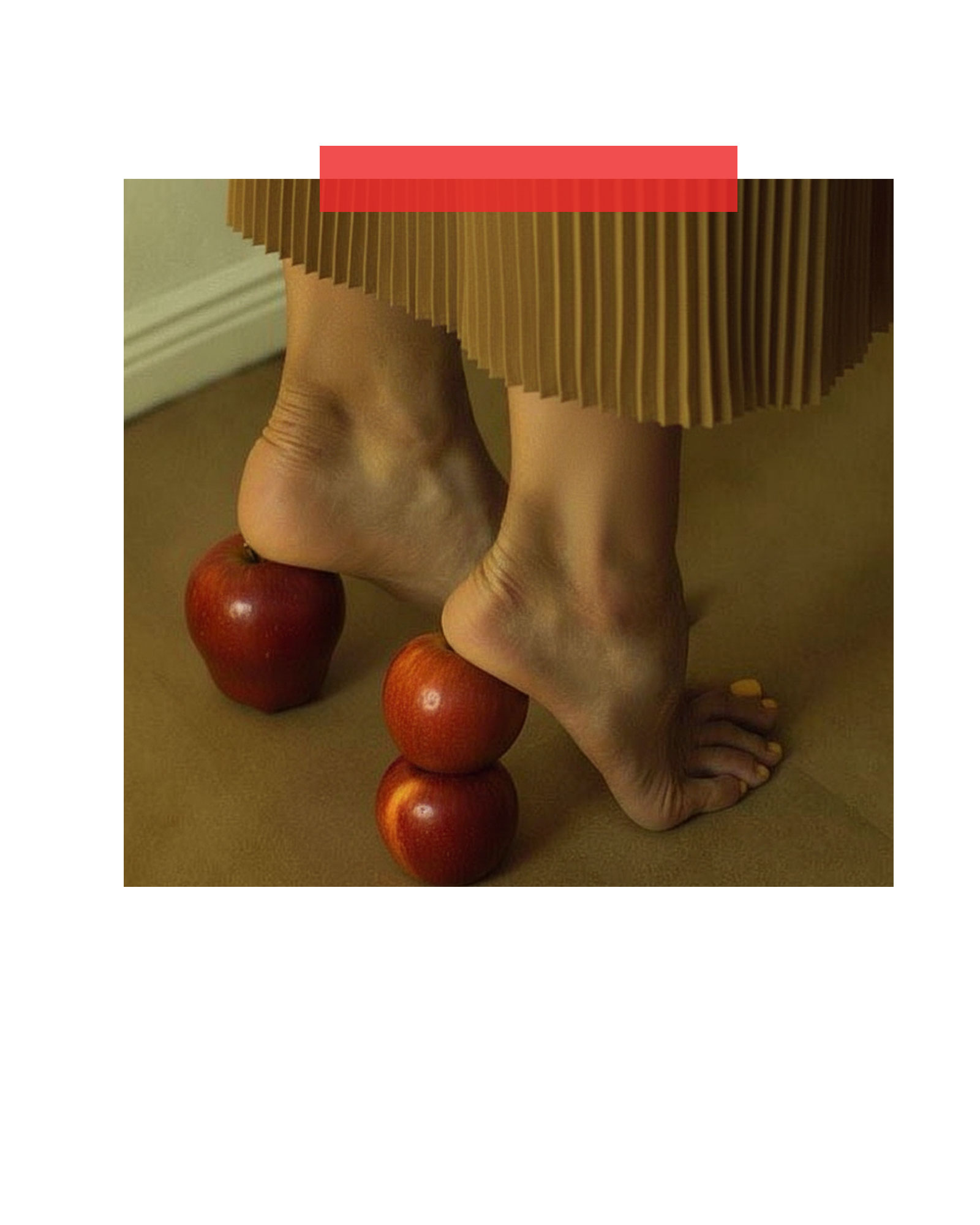The teenage years bring significant hormonal changes, which profoundly impact the skin. This phase often introduces a new set of skin concerns, from increased oiliness to breakouts, making a consistent and effective skincare routine essential. Understanding these common changes and how to manage them thoughtfully is key to fostering healthy, balanced skin during adolescence.
Understanding Teenage Skin Changes
During puberty, an increase in androgen hormones triggers several shifts in the skin:
- Increased Sebum Production: Sebaceous glands become more active, leading to an increase in oil production. This often results in a shinier complexion, especially in the T-zone (forehead, nose, and chin).
- Congestion and Breakouts: Excess oil, combined with dead skin cells, can easily clog pores, leading to blackheads, whiteheads, papules, pustules, and cystic acne. Bacteria (P. acnes) thrive in this environment, exacerbating inflammation and breakouts.
- Enlarged Pores: Increased oil flow can make pores appear larger.
- Post-Inflammatory Hyperpigmentation (PIH): As blemishes heal, they can leave behind red or brown marks, particularly on darker skin tones. This is a common form of temporary discolouration.
- Sensitivity: While often robust, teenage skin can also become sensitive due to breakouts or the use of harsh products.
Strategic Skincare for Teenagers: A Balanced Approach
The goal for teenage skincare is to cleanse effectively, manage oil and breakouts, maintain hydration, and protect the skin, all without over-stripping or irritating. Consistency is far more important than using numerous products.
Essential At-Home Adjustments:
- Gentle but Thorough Cleansing (Twice Daily): Cleansing is the cornerstone. Use a gentle, foaming or gel cleanser twice a day (morning and night) to remove excess oil, dirt, and makeup. Over-washing or using harsh cleansers can strip the skin, paradoxically leading to more oil production and irritation.
- Targeted Exfoliation (2-3 times per week):
- Salicylic Acid (BHA): This is a hero ingredient for teenage acne. As a beta hydroxy acid, it is oil-soluble, allowing it to penetrate into pores to dissolve sebum and dead skin cells, helping to unclog them. Look for it in cleansers, toners, or serums.
- Glycolic Acid (AHA): An alpha hydroxy acid that works on the skin's surface to exfoliate dead cells, improving texture and brightening. Good for blackheads and overall skin clarity.
- Caution: Avoid aggressive physical scrubs that can irritate inflamed skin and spread bacteria. Start with lower concentrations and gradually increase use.
- Lightweight Hydration: Even oily skin needs moisturiser. Skipping it can signal the skin to produce more oil. Opt for a lightweight, non-comedogenic (non-pore-clogging) gel or fluid moisturiser. Ingredients like hyaluronic acid are excellent for hydration without heaviness.
- Spot Treatments (As Needed): For individual blemishes, targeted spot treatments can be effective. Ingredients like benzoyl peroxide (start with low concentrations to avoid excessive dryness) or salicylic acid can help. Apply directly to the blemish.
- Sun Protection (Daily): This is non-negotiable. Sun exposure can worsen breakouts, darken post-inflammatory hyperpigmentation, and lead to premature aging. Use a broad-spectrum SPF 30+ (or 50+) sunscreen every morning, even on cloudy days. Look for non-comedogenic formulas, or mineral-based sunscreens with zinc oxide and titanium dioxide, which can be less irritating.
Habits to Adopt:
- Resist Picking: Never pick, squeeze, or pop blemishes. This can push bacteria deeper, worsen inflammation, lead to scarring, and increase post-inflammatory hyperpigmentation.
- Cleanliness: Regularly clean phone screens, pillowcases, and anything that frequently touches the face.
- Shower Post-Workout: If active, shower immediately after exercise to remove sweat and bacteria from the skin, especially on the back and chest.
- Balanced Diet: While diet's direct link to acne is complex, a balanced diet rich in fruits, vegetables, and whole grains, and low in highly processed foods and excessive dairy, can support overall skin health.
- Hydrate Internally: Drink plenty of water throughout the day.
When to Seek Professional Guidance:
If over-the-counter products and consistent routines are not yielding satisfactory results, or if acne is severe, painful, or causing emotional distress, it is highly recommended to consult a dermatologist. They can:
- Prescribe stronger topical medications (e.g., prescription retinoids, antibiotics).
- Discuss oral medications (e.g., antibiotics, hormonal therapies).
- Recommend in-clinic treatments such as professional chemical peels, LED light therapy, or microneedling for scarring.
Teenage skin can be challenging, but with a consistent, gentle, and targeted approach, it is entirely possible to manage concerns and foster a foundation for lifelong skin health.
